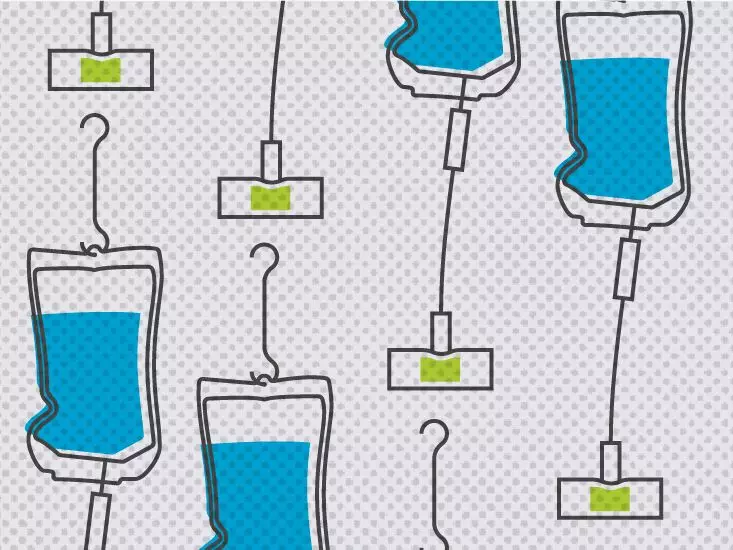Opdivo, known generically as nivolumab, represents a significant advancement in cancer therapy. As an immune checkpoint inhibitor, it operates by enhancing the body’s immune response against cancer cells. While its efficacy is notable, understanding the potential interactions with other medications, substances, and even dietary choices is crucial for ensuring effective and safe treatment outcomes. This article delves into the current knowledge surrounding Opdivo interactions, the importance of communication with healthcare providers, and proactive measures cancer patients can take.
To date, there have been no widely reported interactions between Opdivo and other medications. Nonetheless, the absence of documented interactions does not guarantee safety. New medications are routinely introduced into the healthcare landscape, and it’s plausible that future developments might interact with Opdivo. Therefore, it is imperative for patients to maintain open lines of communication with their healthcare providers. Any existing prescriptions, over-the-counter drugs, and herbal supplements should be disclosed to mitigate unforeseen interactions. Furthermore, an ongoing dialogue about any new medications or changes in health status is essential for patient safety.
Though there have been no explicit reports indicating that Opdivo interacts with alcohol, healthcare providers often recommend limiting alcohol intake during treatment. Alcohol consumption can exacerbate side effects that are prevalent with Opdivo, including fatigue and liver-related issues. Given that both Opdivo and alcohol can stress the liver, the risk of compounded liver damage presents a serious concern. Patients should consider discussing their alcohol use with their healthcare team to make informed decisions about their consumption during treatment.
Exploration into how various supplements, particularly vitamins and herbal products, may interact with Opdivo reveals a relative lack of specific research. Currently, there are no documented interactions between Opdivo and commonly used vitamins. This does not outright dismiss the potential for interactions, however. Health professionals strongly advise against self-medicating with supplements during treatment without prior consultation with a doctor. The possible introduction of new herbals or vitamins into the regimen can unknowingly complicate treatment efficacy or increase side effects.
On the topic of food intake, no specific food interactions with Opdivo have been identified to date. However, patients are encouraged to consult with their healthcare teams regarding dietary best practices while undergoing treatment. Nutritional guidance can be vital in supporting overall health and enhancing treatment efficacy. Moreover, there are currently no known interactions between Opdivo and vaccines, but patients should verify their vaccine status and discuss any upcoming vaccinations during treatment. Likewise, Opdivo has not shown to interact adversely with laboratory testing, yet discussing ongoing or needed tests with healthcare providers remains important.
With the increasing legalization and acceptance of cannabis products, many patients wonder about their potential interactions with cancer treatments like Opdivo. Currently, there’s insufficient research to establish definitive interactions between Opdivo and cannabis or cannabidiol (CBD). Nevertheless, it’s essential for users of cannabis to discuss their usage openly with their healthcare team to assess any potential impacts on their treatment adherence or overall health. Knowing the legal status of cannabis in their respective states is also crucial for patients.
To minimize the risk of interactions and promote effective treatment, patients can adopt several proactive strategies. Firstly, maintaining a comprehensive list of all medications, supplements, and any substances being consumed is vital. This list should be periodically reviewed and updated in consultation with healthcare providers. Secondly, patients should educate themselves about Opdivo by reading the medication guides that accompany their prescriptions. These documents often contain critical information regarding potential interactions and general medication handling.
Thirdly, taking Opdivo precisely as prescribed is essential for maximizing its benefits while mitigating risk. Non-compliance or self-modification of dosages can lead to adverse effects or reduced efficacy. Finally, regular follow-ups with healthcare providers can help in monitoring for any emerging interactions or changes in health status that could affect treatment.
As an essential part of managing cancer, Opdivo offers hope and potential life-saving solutions, but awareness around its interactions is paramount. By engaging fully with their healthcare providers and practicing sound medication management, patients can navigate their treatment pathways more safely. While the current body of knowledge does not suggest significant interactions, the future may hold different revelations, underscoring the importance of vigilance and communication.

